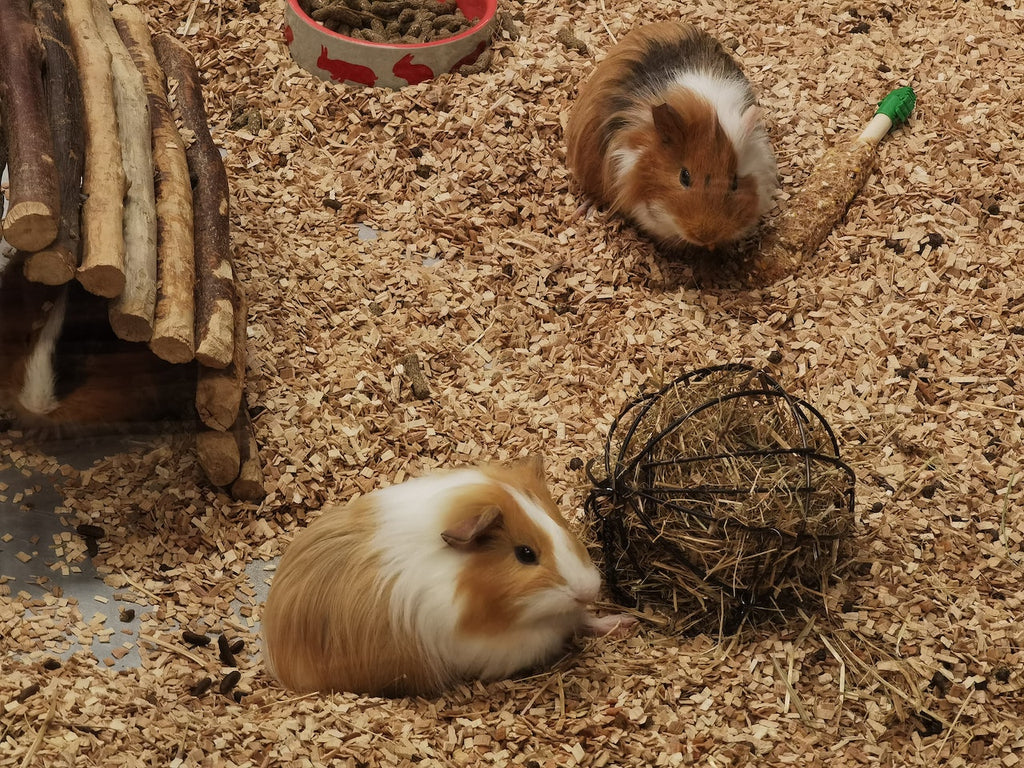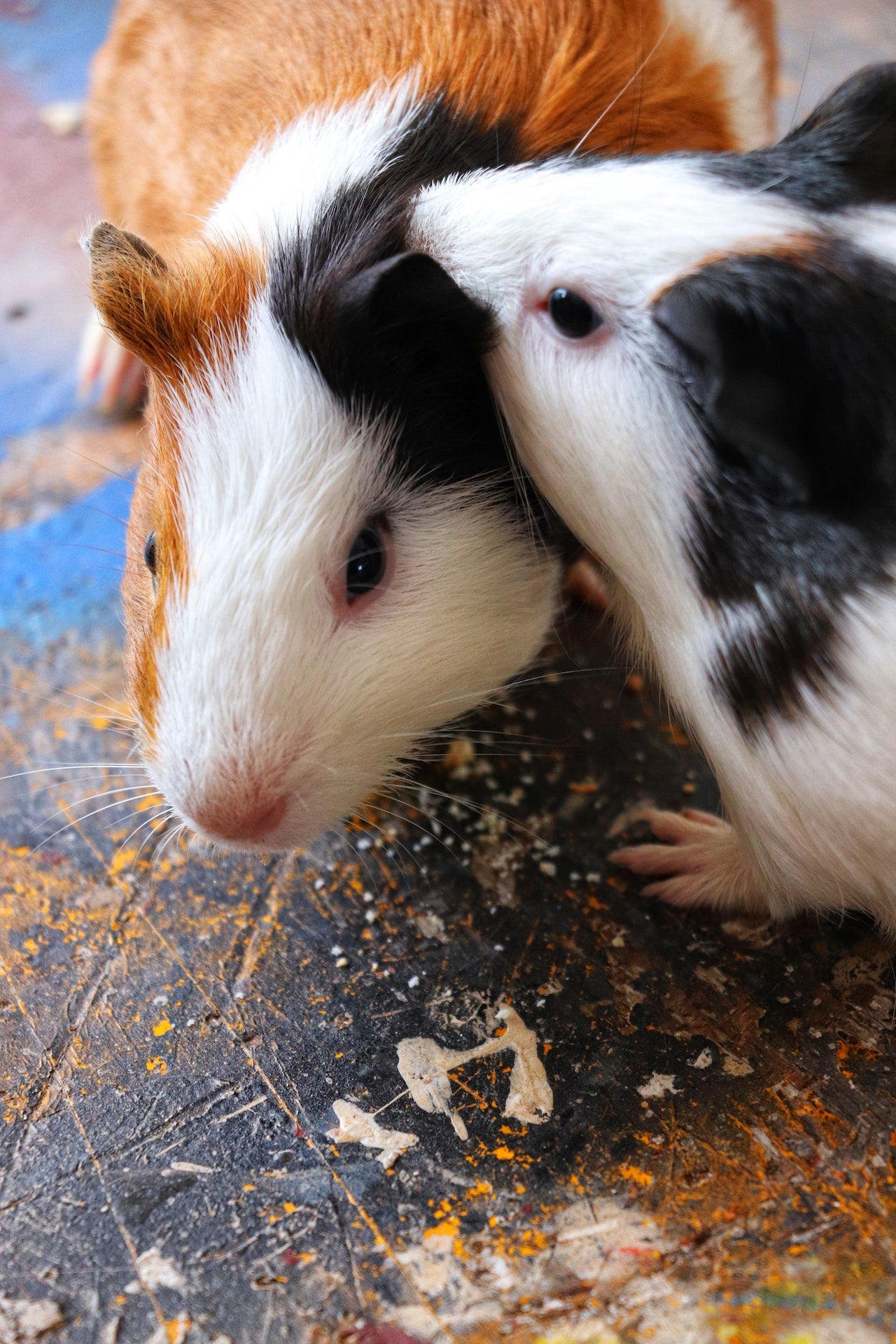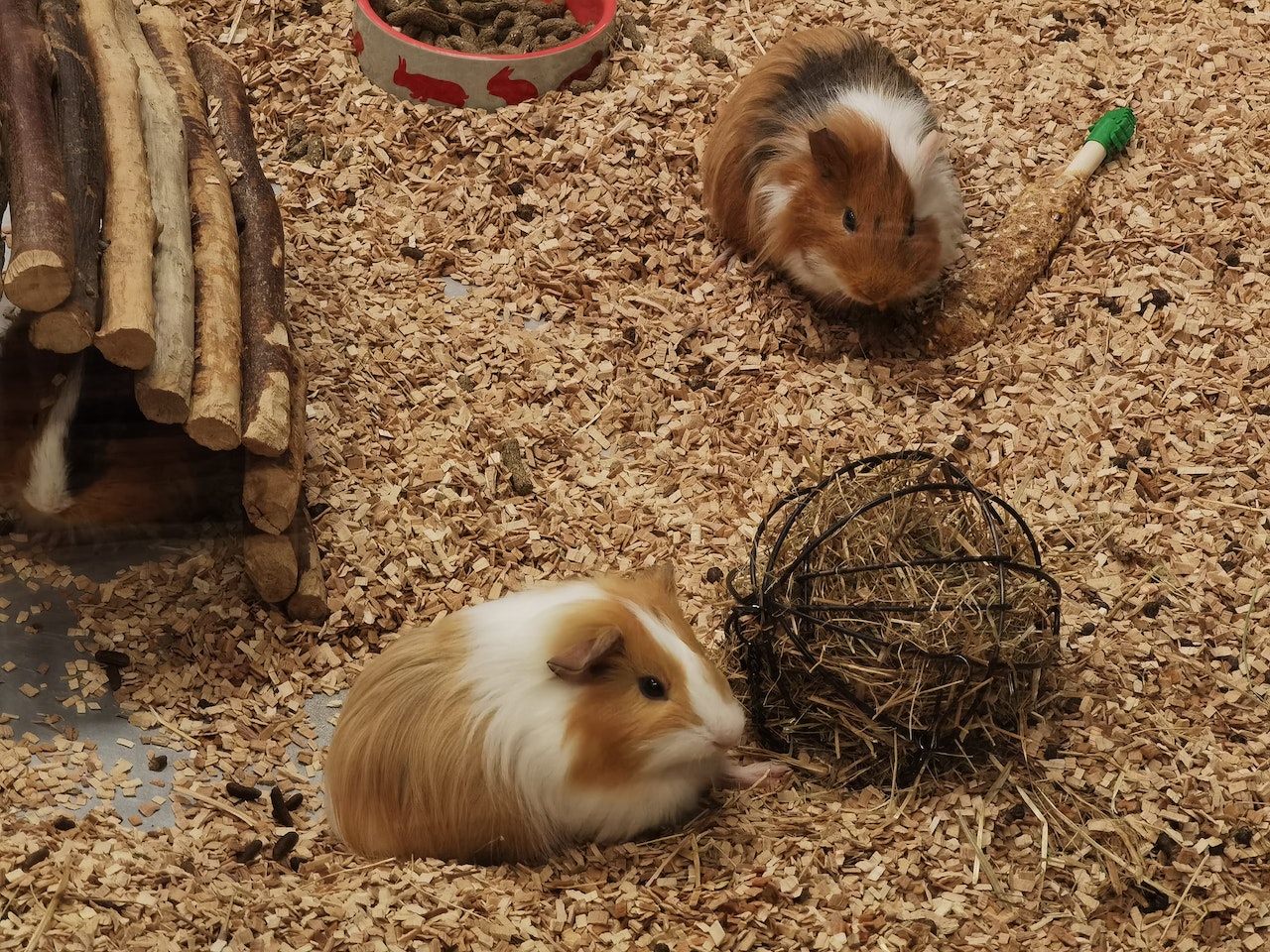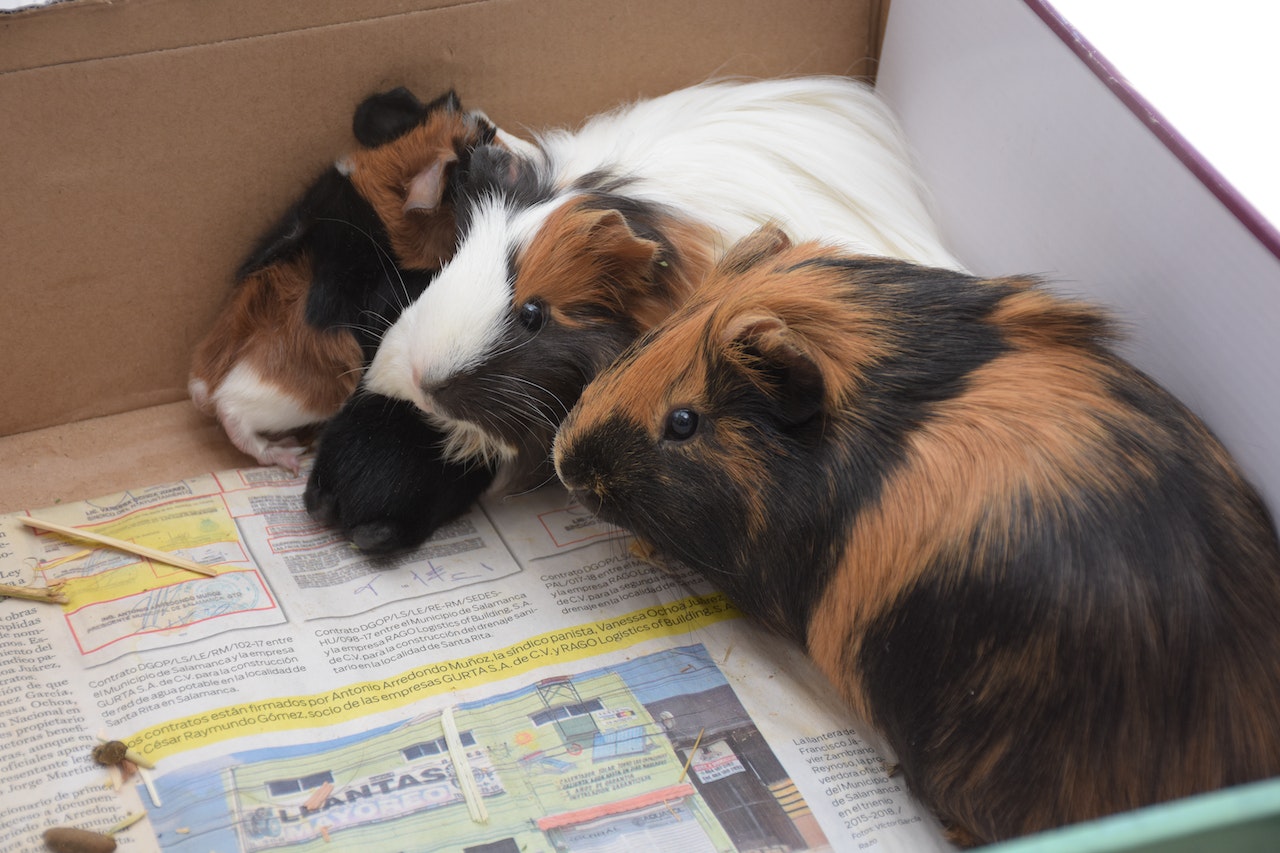
Melon is any of the various plants of the family Cucurbitaceae with sweet edible, fleshy fruit. It is known to be high in dietary fiber and vitamin C. They are known for their sweet, delicious, and watery taste hence, it is called super fruits. There are many health benefits to this fruit, and they include lowering the cholesterol level, preventing diabetes, and promoting weight loss. They mostly contain more vitamin C than any other food, and they are also an excellent source of vitamins A, B complex, and E. Vitamins A and E are great for skin health.
Melons are not only enriched in vitamins, but they are also low in calories, fats, and water content. Fresh watermelon, cantaloupe, and honeydew contain 90 % water, making them some of the most thirst-quenching snacks around. Can guinea pigs eat melon? Does melon have any beneficial nutrients for guinea pigs? Continue reading this article to find out the answers to all your questions
Can Guinea Pig Eat Melon
Yes, guinea pigs can eat melon (this comprises a lot of varieties of melon), however, it should only be given to them in moderation. Melon is a super fruit that is enriched with a lot of beneficial nutrients like vitamins, calcium, minerals, fibers, and some other micronutrients. All this makes them an ideal food for your pets, however, it is enriched with a high proportion of sugar content, and this may be detrimental to the health of your guinea pigs if too much of It is present in their body system. Also, your little cavies may not be able to eat the whole part of the melon fruits, and this is why as a pet owner you should be aware of the types and part of the melon that is good and healthy for your pet

What part of melon can guinea pigs eat?
- Melon seed: No, Guinea pigs can not eat melon seeds. This is because of their size and texture, the size is too big for guinea pigs to easily digest therefore, it leads to choking hazards if given to them. Suppose the texture of the seed is on the softer side, then it may complement the big size of the seeds. Their seed also contains a toxic substance called cyanide hence, it isn't ideal for your pets
- Melon skin: Yes, guinea pigs can eat melon skin or peel, but it should only be in moderation. Melon skin does not contain a lot of beneficial nutrients but it can help your guinea pigs to be in good shape and also prevent overgrowth. However, their skin should be thoroughly washed because it may contain bacteria or pesticides and this can be dangerous for their health.
In what proportion should Melon be given to guinea pigs
It has been discussed above that Melon can be nutritionally beneficial to your guinea pigs when offered in the correct proportion. However, what is the standard proportion? Any varieties of the melon should be given to your guinea pigs 2-3 times per week in small quantities. For instance, 2-3 small cubes, or a medium cube is enough. However, a little lesser than the standard proportion should be served to your pets if it is just been introduced. This is mainly to rule out any type of discomfort and allergy reaction that may arise in their digestive system. After the introduction and there are no possible disadvantages, you can consider giving them in larger proportion but at the same time do not overfeed them.
What are the health benefits of feeding melon to guinea pigs
Melon is a kind of fruit that has a lot of health benefits to offer, and among those benefits are listed below
- Melon may help reduce blood pressure due to its high potassium and low sodium content. These nutrients help the body of your little cavies to function normally and also to maintain their fluid and blood volume
- Melon contains several nutrients that are vital for repairing and maintaining strong bones and teeth for guinea pigs, including folate, vitamin K, and magnesium.
- A correct proportion of eating melons will help to reduce the risk of your guinea pigs suffering from diabetes and related health complications. This is likely due to the fiber and other health-promoting nutrients found in the fruit.
- Melon is made up of mostly water but also contains electrolytes that may hydrate your little cavies more effectively than just water after a stressful day
- Melon is rich in vitamin C, a nutrient that promotes the production of collagen and may protect the skin from sun damage. Being rich in Vitamin C, it also boosts their immune system.
- Melon contains fiber, a nutrient known to support healthy digestion. Due to its moderate fiber content, it may be better tolerated than high-fiber foods by guinea pigs with certain digestive disorders or for pets that they are just introducing fiber into their diet.
- Melon contains lutein and zeaxanthin, two antioxidants that are known to support healthy eyes and vision.
Possible health risks of feeding melon to guinea pigs
There are a lot of benefits attached to this fruit, but you should also know that there is a lot of health risk attached to it if it is being overfed to your guinea pigs. Some of them are listed below
High sugar content
Melon has a high amount of sugar content, and since the digestive system of your pets does not support too much sugar, overfeeding your pets will lead to health risks like diabetes, obesity, and other related problem
High water content
Melon also contains a high amount of water, statistically, 90% of the content present in them is water. Feeding them to your pets in the wrong proportion may lead to diarrhea, constipation, and bloatedness.
Hard seed texture
Due to the hard texture of their seed, your guinea pigs may likely suffer from choking hazards if they failed to yield to the instruction given above. Choking hazards may range from mild to detrimental depending on the amount that was given to them.
Conclusion
Yes, guinea pigs can eat melon and its varieties like honeydew, cantaloupe, oriental, etc, but it should only be in moderation. This is because of the high proportion of water and sugar content present in them. The correct serving size and the beneficial nutrient these fruits offer to your pets have already been explained in this article.



